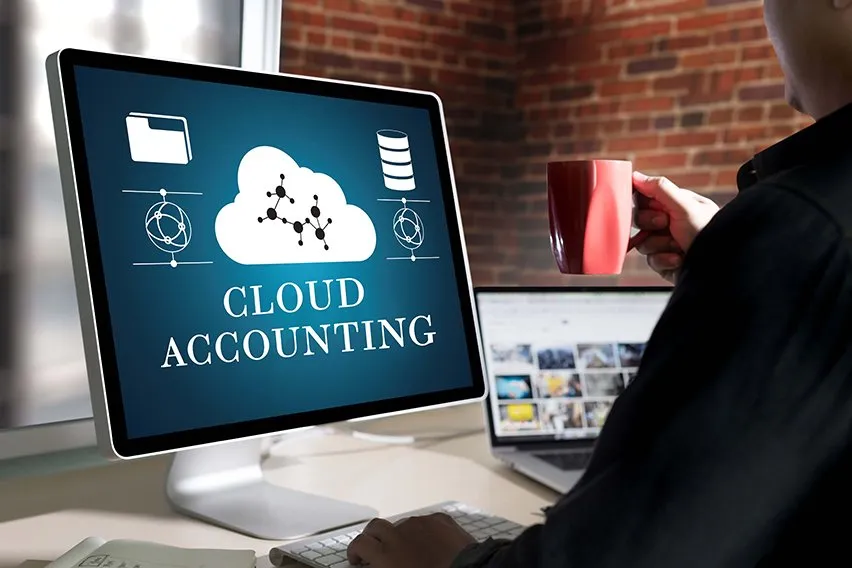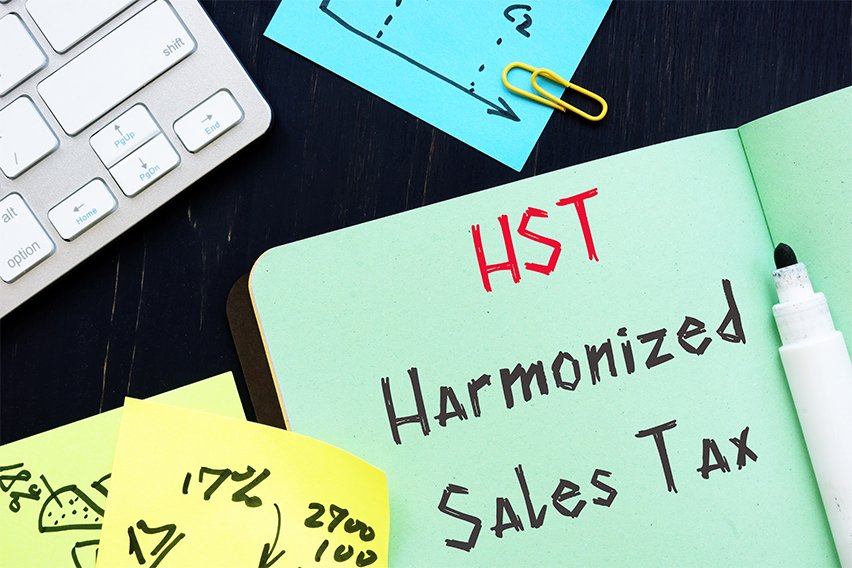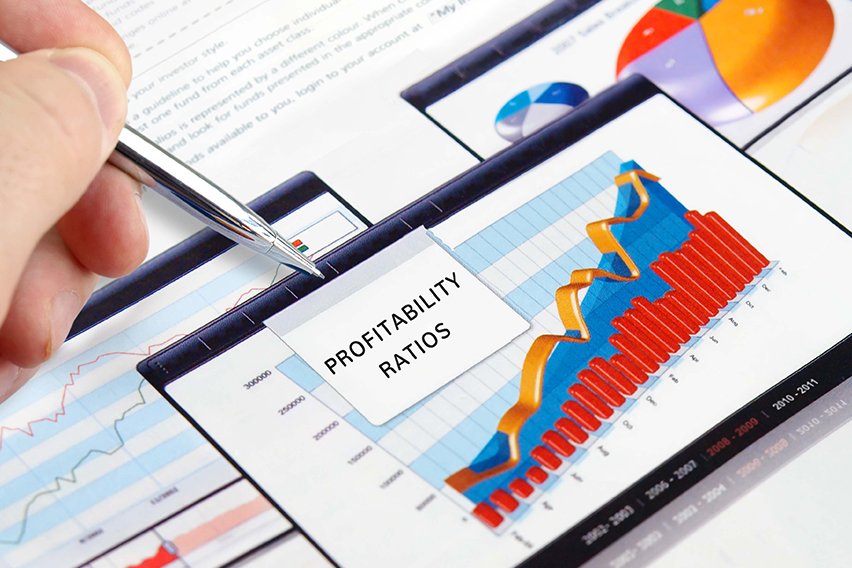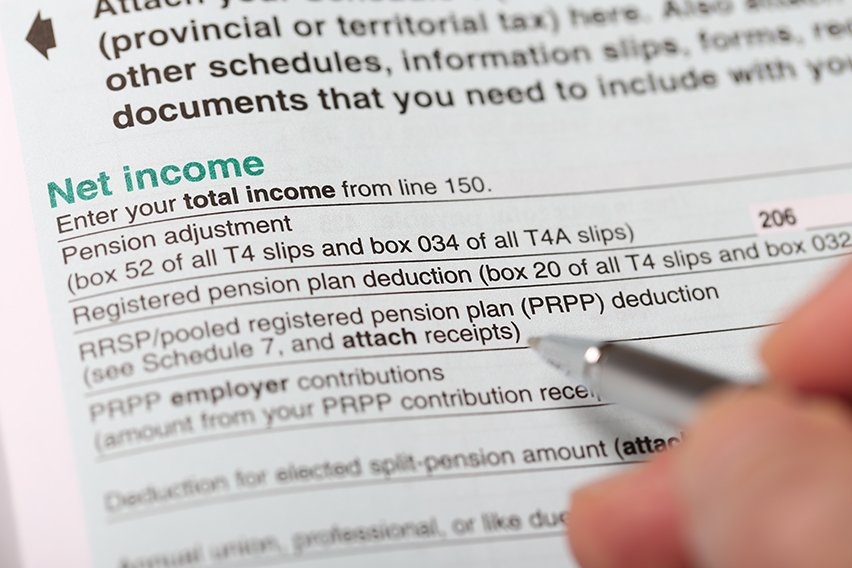What Is Cloud Accounting? A Small Business Guide

The way that we do business is changing.
Business used to mean putting pen to paper. But as the world evolves, the business world evolves with it.
More and more work is now being done remotely, and being done online. This has led to businesses all over the world utilizing something called cloud accounting.
You may have heard of ‘the Cloud’, it may even feel like a term that’s overused and worn out. But in reality, the cloud has never been more relevant.
So what exactly is cloud accounting? We’ll take a closer look at the definition and how cloud accounting can help your small business.
With this information, you can start making informed decisions about the future of your accounting.
Here’s What We’ll Cover:
What Are the Benefits of Cloud Accounting?
What Is Cloud Accounting?
Cloud accounting is the practice of using an accounting system that’s accessed through the internet. This means that it can be accessed from anywhere which is perfect for remote workers or if a worker is on the road.
Because cloud accounting systems are internet based, you can access your records and data anywhere. As long as you are using a compatible device that has an internet connection.
Traditional accounting software would tend to be desktop based. The actual application is installed and runs from the hard drive of an office desktop computer.

This system has a number of drawbacks such as giving you limited access to your data and files. It also has a constant need for software updates and there is an ongoing cost of backing up years worth of financial information.
Cloud accounting has all of the same functionality and features as desktop accounting. But this software moves the entire process to the internet or ‘the cloud’.
It works by logging onto an online solution and conducting your work from there. Most cloud platforms will also have an open application programming interface, or API. This means that you can connect third party software with your system and fully integrate your processes.
What Are the Benefits of Cloud Accounting?
There are a number of benefits that come with moving your system to a cloud based software. But how exactly can cloud accounting benefit your small business?
Here are some examples of where cloud accounting can add value to your business process:
Easy Access
Cloud accounting gives you access to your entire business at any and all times. It also allows you access from any location where you have access to the internet. This removes the need to work from one central office-based computer system.
You can log into cloud accounting via a web browser from your laptop, mobile device or even from a tablet.
Access to Real-Time Information
By consistently updating your bookkeeping and account information, you can get real-time reporting functionality from cloud accounting software.
That means that you no longer have to look at historical data that may be days, weeks or months out of date. Having everything online means that you can have an instant and accurate overview of your business’s financial situation.
This is vital when you’re looking to make big financial and strategic decisions and want access to the most up to date and relevant data.
Open APIs
Having open APIs means that you can add a range of other third-party apps and tools that can help to expand your business system. This can include double entry accounting software and invoicing apps. It can also include any other industry-specific project management tools.
This enables you to streamline your whole business process and cut down on time consuming administrative tasks. This in turn frees up your employees time to focus on more important tasks.
Streamlined Finances
Most cloud accounting platforms offer you the ability to link your bank accounts directly with your accounting.
That means that you can pull live cash flow information from your bank data straight into your accounts and vice versa. This speeds up payments, invoices and many other payment methods. All whilst giving you an accurate view of your business’s bank balance.
Consistently Updated
If you’re working with a desktop based accounting system, you will have to constantly update the software which takes time away from your day.
But when you log into your accounting platform on the cloud you will always be working with the latest version of the software. This means that there’s no need for time wasting updates. You can simply sign in and start working.

Safety and Security
If you’re working with clients, accountants or other advisers, you can easily grant access to your accounts with cloud based accounting software.
This means that there’s no need to share data with physical USB sticks or send sensitive information via email. This then cuts down on the chances of a data leak or breach.
Trusted advisors can have safe and secure access to all of your financial data in real time. This is a quicker and safer way to share sensitive data.
Connected Payments
You can connect payment apps to your cloud accounting software allowing you to pay and be paid automatically. This helps to speed up payment times and reduces the level of administrative work that you or your staff are required to complete.
Key Takeaways
Cloud accounting is the future of small business accounting.
You can cut down on a number of costs, whether that be office rental or costly software updates. You can also have far more flexibility with your employees if you allow them to work remotely.
Are you looking for more business advice on everything from starting a new business to new business practices?
Then check out the FreshBooks Resource Hub.
RELATED ARTICLES

 What Are Accrued Liabilities? Definition, Types & Examples
What Are Accrued Liabilities? Definition, Types & Examples How to Do Cash Flow Analysis? The Ultimate Guide
How to Do Cash Flow Analysis? The Ultimate Guide How to Calculate HST for Small Businesses
How to Calculate HST for Small Businesses Profitability Ratios: Definition & Types
Profitability Ratios: Definition & Types What is the Cost Principle? Definition & Meaning
What is the Cost Principle? Definition & Meaning How to Calculate Net Income: Examples & Formula
How to Calculate Net Income: Examples & Formula